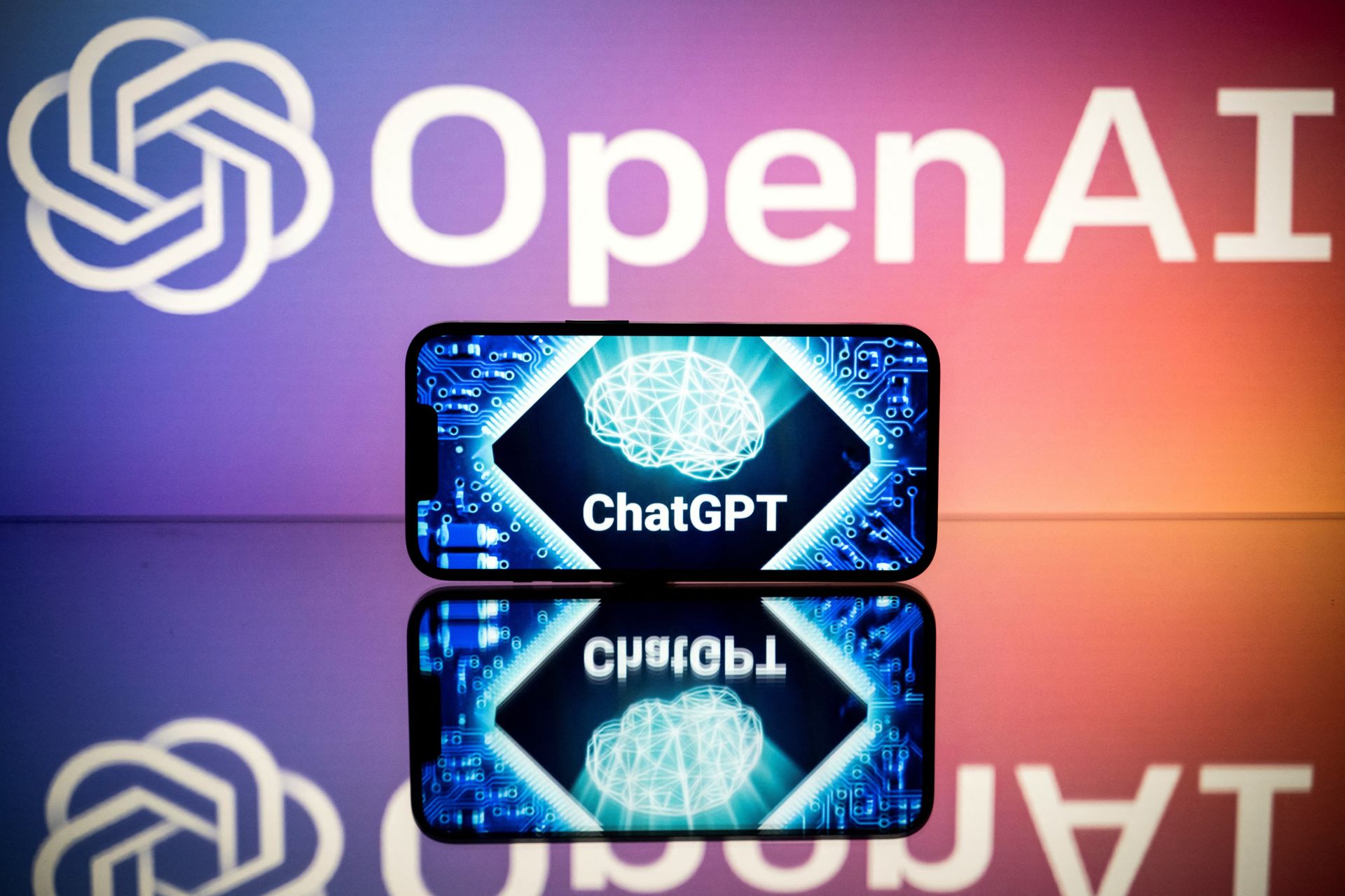
A Munich court has ruled that OpenAI infringed copyright law by using song lyrics to train its artificial intelligence models, marking a landmark decision in Europe’s evolving legal landscape for AI. The ruling, which stems from a lawsuit filed by German music rights organization GEMA, could have far-reaching implications for how creative content is used to train AI systems worldwide.
OpenAI has infringed copyright law in Germany by using song lyrics to train its artificial intelligence models, a court in Munich ruled on Tuesday.
"Both the memorization in the language models and the reproduction of the song lyrics in the chatbot's outputs constitute infringements of copyright law," the court ruled in a case brought by the German music body GEMA.
GEMA, which has more than 100,000 composers, songwriters, and publishers as members, is representing the artists behind nine German songs in the case.
The society filed a lawsuit in November 2024, accusing OpenAI of reproducing protected song lyrics without having purchased licenses or paid the creators.
The group claimed that OpenAI had "systematically" used its repertoire to train AI models, according to an earlier court statement.
OpenAI argued that it had not broken the law because its language models do not store or copy specific data but rather reflect in their settings what they have learned, according to the court.
With regard to the AI chatbot, it is users who are the producers of its output and are responsible for it, OpenAI claimed.
But the court on Tuesday ruled that the plaintiffs were entitled to compensation "both on the basis of the reproduction of the texts in the language models and their reproduction in the outputs."
OpenAI has faced several court cases in the United States, with media groups and authors among those claiming that the company's ChatGPT chatbot has been trained on their work without permission.
But the Munich case is the first major case of its kind in Europe, according to GEMA.
The case could have "vital implications for the remuneration of creative artists," GEMA's Kai Welp said after a hearing in September.
With AFP



Comments